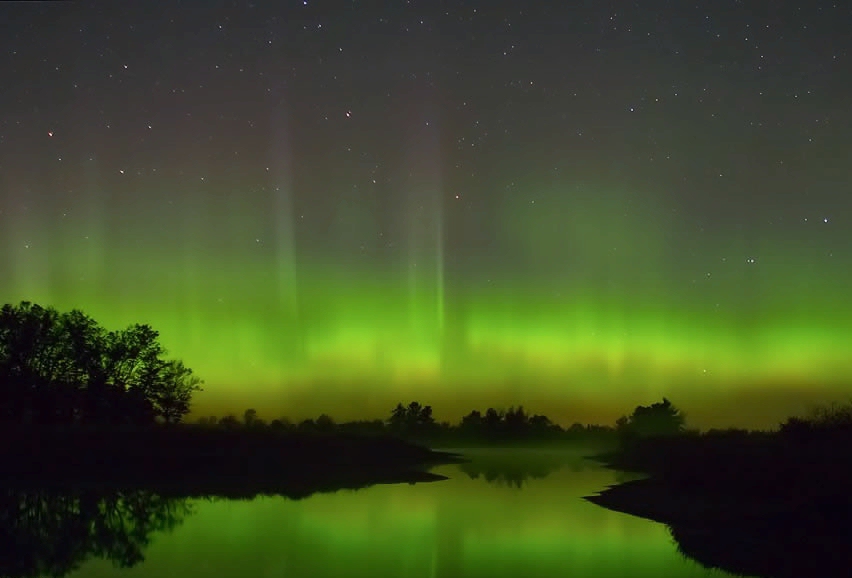 Weather Sayings
Weather Sayings
Wind from the West Proverb Unit
|
Weather sayings and beliefs are fluid in their function. They may serve as ways to predict the weather (red sky at night, sailors’ delight), to explain certain weather phenomena, or to correlate weather observations with occupational or recreational activities (wind from the west, fishing is best). These sayings are variable in their form as well, and may appear in different incarnations across time and space, as people change them to ease memorization or to align old sayings with weather observations in new areas. Like severe weather narratives, the richest store of these sayings may come from those groups tied most closely to the weather for occupational or recreational reasons. Farmers have sayings about proper times to plant or ways of predicting of the coming winter’s severity; commercial fisherman have sayings correlating the weather with where and when to fish; and deer hunters have beliefs about what weather makes for a good hunt. From a folklore perspective, the sayings are valuable both for what their variations can tell us about the culture they come from, and for their role as traditional solutions to traditional problems. For the purposes of this project, the goal of examining the sayings from a weather science perspective isn’t to debunk, but rather to investigate the science behind the truth in a saying, and to learn what weather and climate phenomena may have led to the saying’s creation. For example, a saying about prevailing wind direction may not prove true for different parts of the United States. But students may discover through their research into the folklore of the saying that it originated in England, and through their weather science research discover that the saying does hold true for that part of the world. From a language arts perspective, the sayings are of interest for the artistic qualities they may possess; rhyme, meter, alliteration, imagery, and the art of turning one’s observations into succinct and memorable sayings. |







